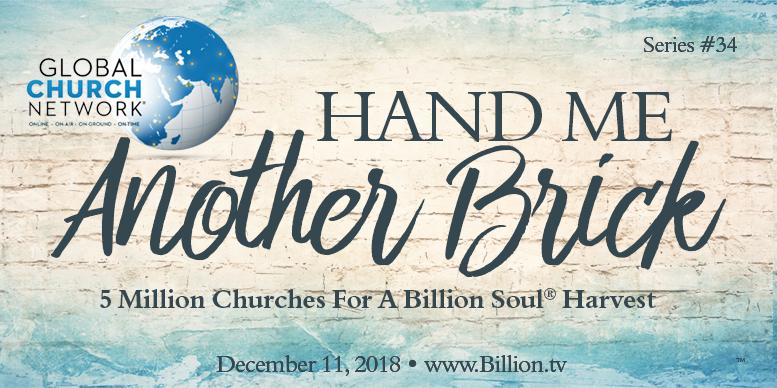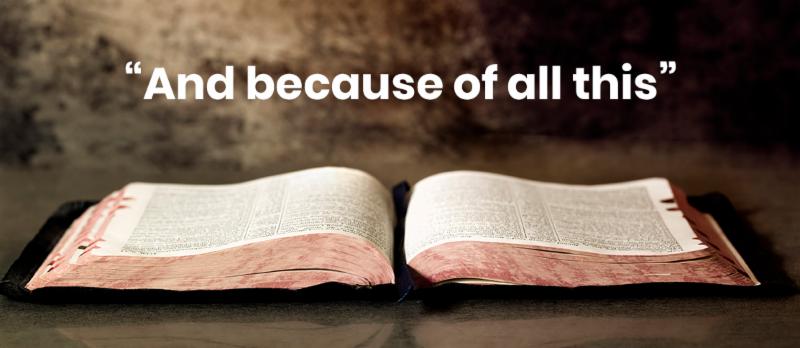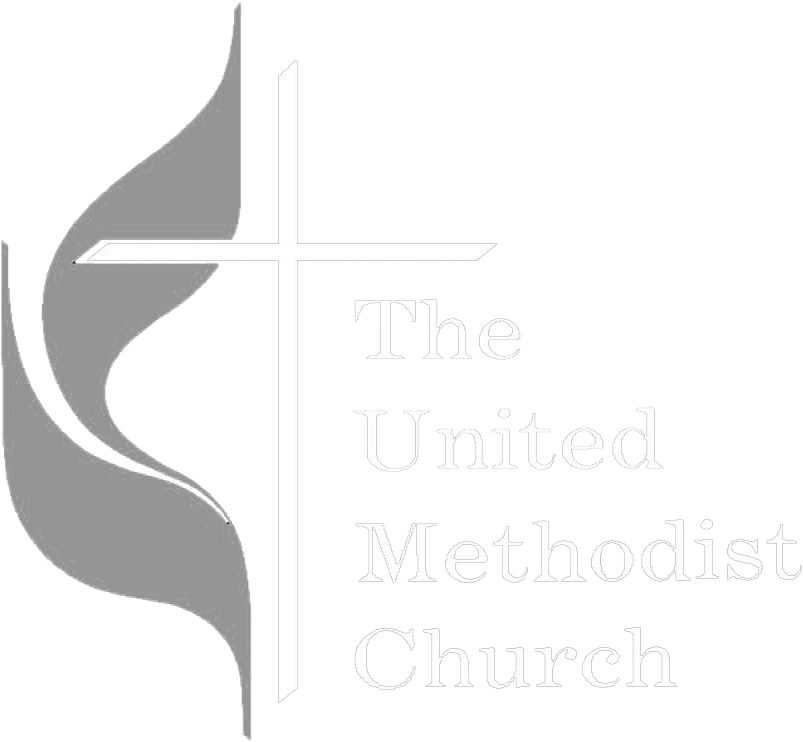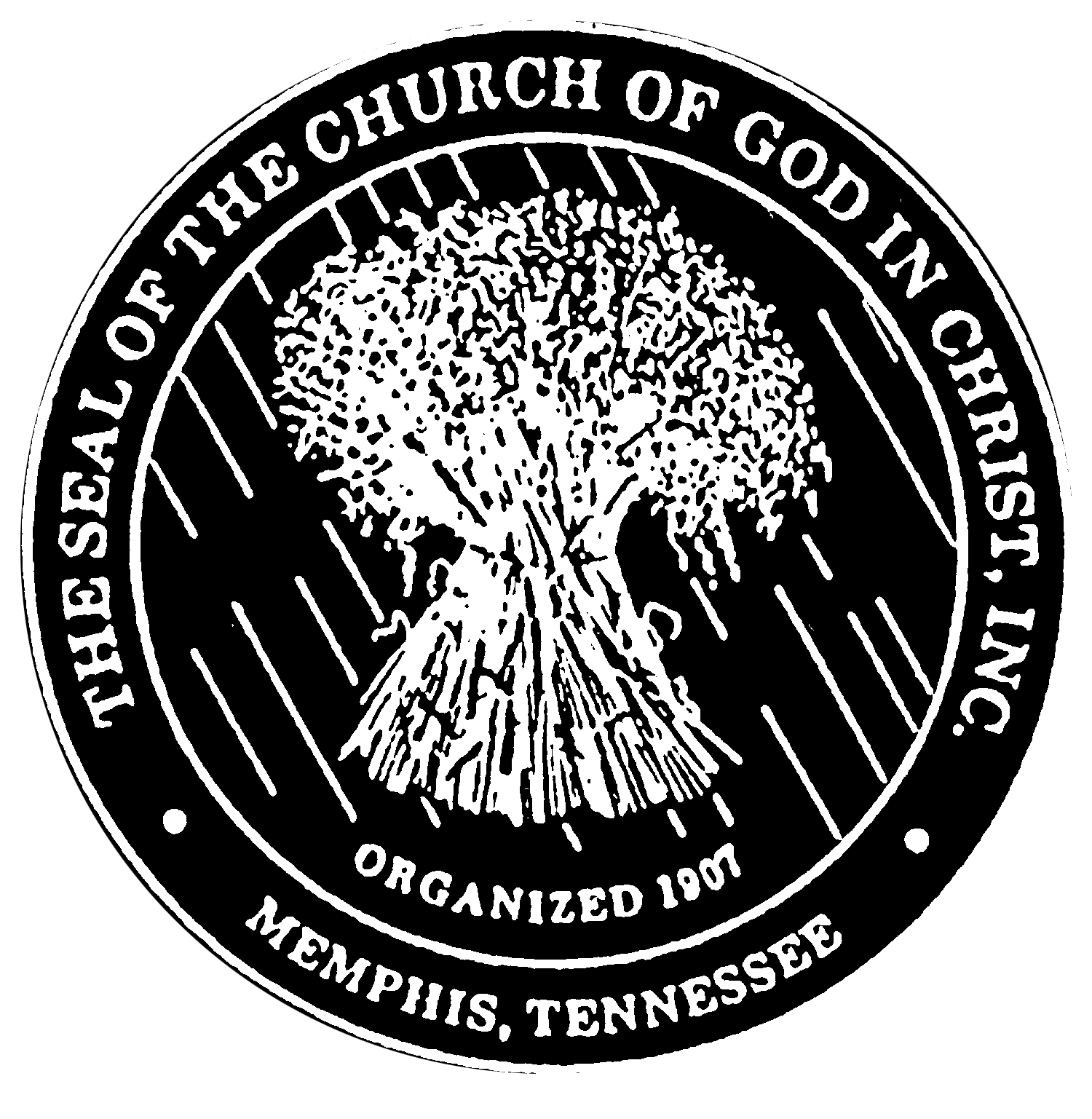The Top Three Leadership Steps For The House of God
 |
|
Dear Visionary Leader:

I want to tell you a story of a young married couple who was contacted and invited to the services of a particular church. On that first call, this is what the wife said: “We’re going to start coming to church as soon as the baby is old enough.”
One year later, they were contacted again, and this is what she said: “Yes, I know we promised, but the baby’s in the stage where she cries a lot, and I know she will disturb other people and I won’t get anything out of the services. Maybe we’ll come when the baby gets older.”
Three years after that, this is what she said: “I know you think we’re awful, but we’re not coming to church, because Julie doesn’t want to go to church. Why? Do you think she’s different from other children her age?”
Eleven years later, here’s what she said: “I’m so glad you called. I want you, or one of the pastors or deacons, to see if you can talk with Julie. She’s running around with the wrong crowd. Perhaps, if the church would provide some kind of entertainment for the young people, she might get interested.”
Two years after that: “Yes, Julie is married. They were awful young people, and he’s not a member of a church; but we hope it works out all right.”
Ten years after that: “Well, Julie has finally married a man who can give her the better things of life. This is her third husband, but she couldn’t get along with the others. I had hopes that this one would become a member of a church; but the preacher preached a sermon on marriage and divorce, and he says that he will never attend that church again. There must be something wrong with that church, or else it would have had a better influence on Julie.”
Another woman with a similar story once said, “I can’t imagine what on earth got into my daughter.” I think her mother got into her daughter!
When we forsake the house of God, or when the house of God is no longer part of the family’s life and calendar, the outcomes are usually quite disappointing and even disastrous. I realize there are exceptions. But typically, a person gradually slip-slides away and then fully forsakes the house of God.
As we come to the close of the Hand Me Another Brick series, we have been focusing on “Not Forsaking the House of God.” We have considered the importance of a personal examination of our attitude towards the house of God, as well as a prayerful contemplation of the blessings of the house of God. Yet, if we are going to cross the finish line with great success, we will also need a purposeful determination to stay in the house of God.Why do we love the Church? Because, Jesus Christ loves the Church! The Bible says, “Christ loved the Church and gave Himself for it” (Ephesians 5:25). Not the buildings–the people! We, the Church, are the object of His love. And, what He loves, we ought to love.  We end our study of Nehemiah with this thought: The ultimate key to opening the door of God’s great blessings is a purposeful determination.
III. A Purposeful Determination
After Nehemiah and the people had prayed; after they had contemplated the goodness of God; after they had examined their own lives and their own failures; and then, after they had reminded themselves of the goodness and the greatness of God, they made a solemn, holy vow and a covenant before God.
A. Covenant Before God
 In Nehemiah 9:38 we read, “And because of all this”–that is, because of all of the blessings of God–“we make a sure covenant, and write it; and our princes, Levites, and priests, seal unto it.“
And then, the Bible says in Nehemiah 10:28: “And the rest of the people, the priests, the Levites, the porters, the singers, the Nethinims, and all they that had separated themselves from the people of the lands unto the law of God, their wives, their sons, and their daughters, every one having knowledge, and having understanding.“
B. Pledges and Commitments
Some people say, “I don’t believe in making a pledge. I don’t believe in signing a commitment.” I want to thank God that I’ve got a book here that is full of God’s pledges and commitments to us! Every one of them is “yea and true” in the Lord Jesus Christ (2 Corinthians 1:20). These people in the Bible, as they saw what God had done for them and as they thought about the blessings of God, made a covenant. They signed it, they sealed it, and they said, “There are three things that we’re going to do.” You and I must commit to do these same three things, if we want to ensure that the house of God is not forsaken.
1. A Commitment to Faithfulness
First, the people made a determination concerning their faithfulness.
Nehemiah 10:29 says, “They clave to their brethren, their nobles, and entered into a curse, and into an oath, to walk in God’s law, which was given by Moses the servant of God, and to observe and do all the commandments of the LORD our Lord, and his judgments and his statutes.”
In other words, they said, “We are going to live by the Word of God. We enter into a covenant. We enter into an oath–that we are going to be subject to the Holy Scriptures.” Will you enter into that covenant? Will you live by His book? Whatever God says, will you do it?
2. A Commitment to Their Families
Second, they made a determination regarding their families.
Here’s what they pledged in Nehemiah10:30: “And that we would not give our daughters unto the people of the land, not take their daughters for our sons.“
What did this mean? Essentially, they were saying, “Our family life is going to glorify God. We are not going to lose our children to the world. We’re not going to let our children marry unsaved people.” For the Bible says, “Be ye not unequally yoked together with unbelievers” (2 Corinthians 6:14). We must commit to bringing up our children in the fear and the nurture and the admonition of Almighty God (Ephesians 6:4).
3. A Commitment Regarding Their Finances
The people made a solemn declaration concerning their faithfulness, that they’ll live by the Word of God; and concerning their families, that the devil will not get their children. They also made a declaration concerning their finances.
In Nehemiah 10:31, we read: “And if the people
of the land bring ware or any victuals on the Sabbath day to sell, that we would not buy it of them on the Sabbath, or on the holy day.“
In other words, they said, “We’re not going to transgress God’s laws in business.” Obviously, we’re talking about Old Testament people–Jews who lived by the Old Testament law regarding the Sabbath, which was Saturday. But, what does this mean to us as Christians today? It means that in our gaining of money and in our business transactions, our money is going to be rightfully gained and also rightfully given.
In Nehemiah 10:32, we also read, “Also we made ordinances for us, to charge ourselves yearly with the third part of a shekel for the service of the house of our God.” That is, “We just made a law for ourselves. We just wrote it down. We made a solemn commitment. We made a pledge that we are going to bring of our substance; we were going to bring of our finances; we were going to bring of our money to the house of the Lord.”
Notice carefully Nehemiah 10:38-39: “And the priest the son of Aaron shall be with the Levites, when the Levites take tithes: and the Levites shall bring up the tithe of the tithes unto the house of our God, to the chambers, into the treasure house. For the children of Israel and the children of Levi shall bring the offering of the corn, of the new wine, and the oil, unto the chambers, where are the vessels of the sanctuary, and the priests that minister, and the porters, and the singers: and we will not forsake the house of our God.“
These people had enough understanding to know that it takes money to carry on God’s work. Don’t get so heavenly-minded that you are no earthly good–saying, “Oh well, I’m just interested in spiritual things. I’m not interested in material things.” Jesus Christ had more to say about a man’s relationship to his material goods than He had to say about heaven or hell. Don’t forget it! Jesus said, “For where your treasure is, there will your heart be also” (Matthew 6:21).
The fact is, when we bring God’s tithe to God’s house on God’s day, and our love offering on top of that, we’re making certain that the church, the house of God, will not be forsaken.
Here comes the climax to all of this: The people said, “And we will not forsake the house of our God” (Nehemiah 10:39).
I want to plead with you. I want to pray for you. I want to ask you, my fellow servants in Jesus Christ, that you take these three powerful steps in the days ahead. First, make a personal examination. What kind of person are you? Don’t look around and see what others are doing-examine yourself! Second, make a prayerful contemplation. Look to see how good God has been! Third, make a purposeful determination. Declare to God and to your family, “We will not, we will not, forsake the house of our God.”
Until The Last Person Has Heard,
 Dr. James. O. Davis
Founder/President
Global Church Network
Cochair / Global Networking
|




























